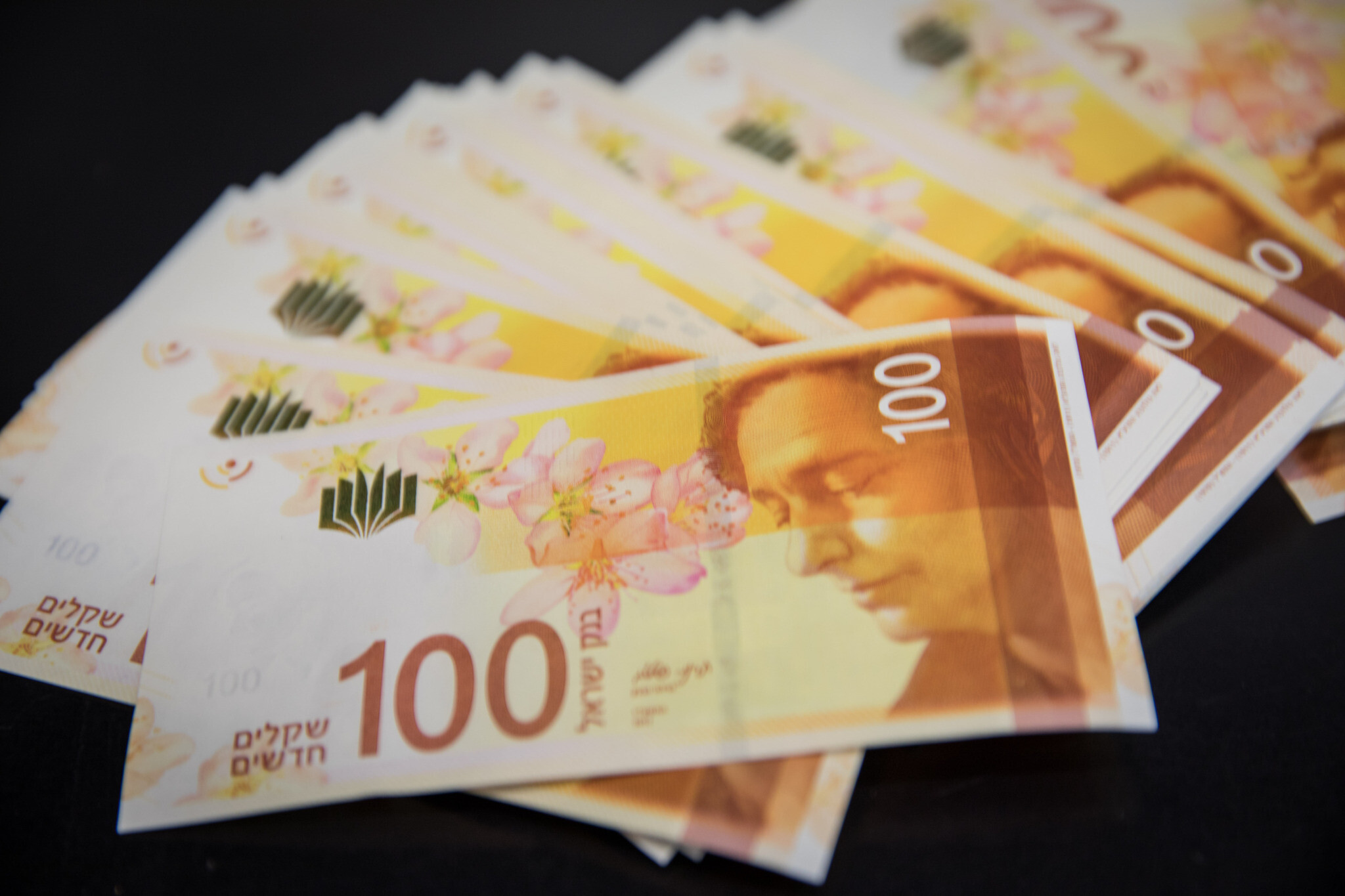
- Uncategorized
Shekel falls on Iran attack fears
Do you want to know how to make money from this?
Register for free and get expert advice, access to a training course and webinars.
Key points:
- The currency is showing significant weakness against the US dollar.
- The shekel is subject to strong fluctuations, indicating a high degree of uncertainty in the market.
- The Tel Aviv Stock Exchange indices are also showing negative dynamics.
On Monday, the Israeli shekel fell 1.7% against the US dollar. At the same time, the Tel Aviv Stock Exchange index fell more than 1%. The reason for this market dynamic was growing investor concerns about potential military aggression against Israel from Iran and the Lebanese organization Hezbollah.
Israeli currency at minimum values
The Israeli shekel exchange rate has hit new lows, reaching 3.7860 per US dollar. This significant drop in the currency was the most significant in a day since October 9, when the shekel lost more than 2.5% of its value after a large-scale Hamas attack on Israel on October 7. At the end of the previous trading session, on Friday, the rate closed at 3.72.
“We remain extremely cautious about the situation around Iran, which certainly increases volatility in the market,” commented Yoni Fanning, chief strategist at Mizrahi Tefahot Bank.
According to Fenics, volatility indicators for the Israeli shekel have been rising sharply in recent days, with three-month volatility at 11%, the highest since November.
The shekel’s decline on Monday largely erased a 2% gain in the currency last week. The Israeli currency has weakened 5% over the past 12 months. Emerging market currencies have generally been facing more headwinds this year amid a stronger U.S. dollar.
Shekel exchange rate in the context of geopolitical threat
“The shekel is struggling to maintain the positive momentum of the previous week amid growing market concerns about a possible armed conflict between Israel and Iran. Comments from officials on both sides are only adding to fears of imminent escalation,” said Peter Matys, senior currency analyst at InTouch Capital Markets.
The Israeli currency has been highly volatile since the start of the month, with significant swings. On August 6, the shekel reached 3.85 to the US dollar, weighed down by concerns about a possible retaliatory reaction from Iran and the Lebanese Hezbollah organization following the assassination of senior members of these groups in Israel. However, last week, the shekel recovered to 3.72, thanks to diplomatic efforts by the US, UK, France and Germany to prevent an escalation of the conflict.
On Friday, the deputy commander of Iran’s Islamic Revolutionary Guard Corps announced Tehran’s determination to carry out the order of the country’s Supreme Leader, Ayatollah Ali Khamenei, to harshly punish Israel for the murder of a senior Hamas official. In turn, Israeli Defense Minister Yoav Gallant warned his American counterpart Lloyd Austin about Iran’s impending large-scale military operation against Israel.
Amid the worsening geopolitical situation, Tel Aviv Stock Exchange stock indices are declining by between 1.3% and 1.5%.
Do you want to know
How to make money from the news
Register for free and get:
- Expert consultation;
- Access to the training course;
- Opportunity to participate in webinars

